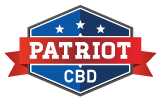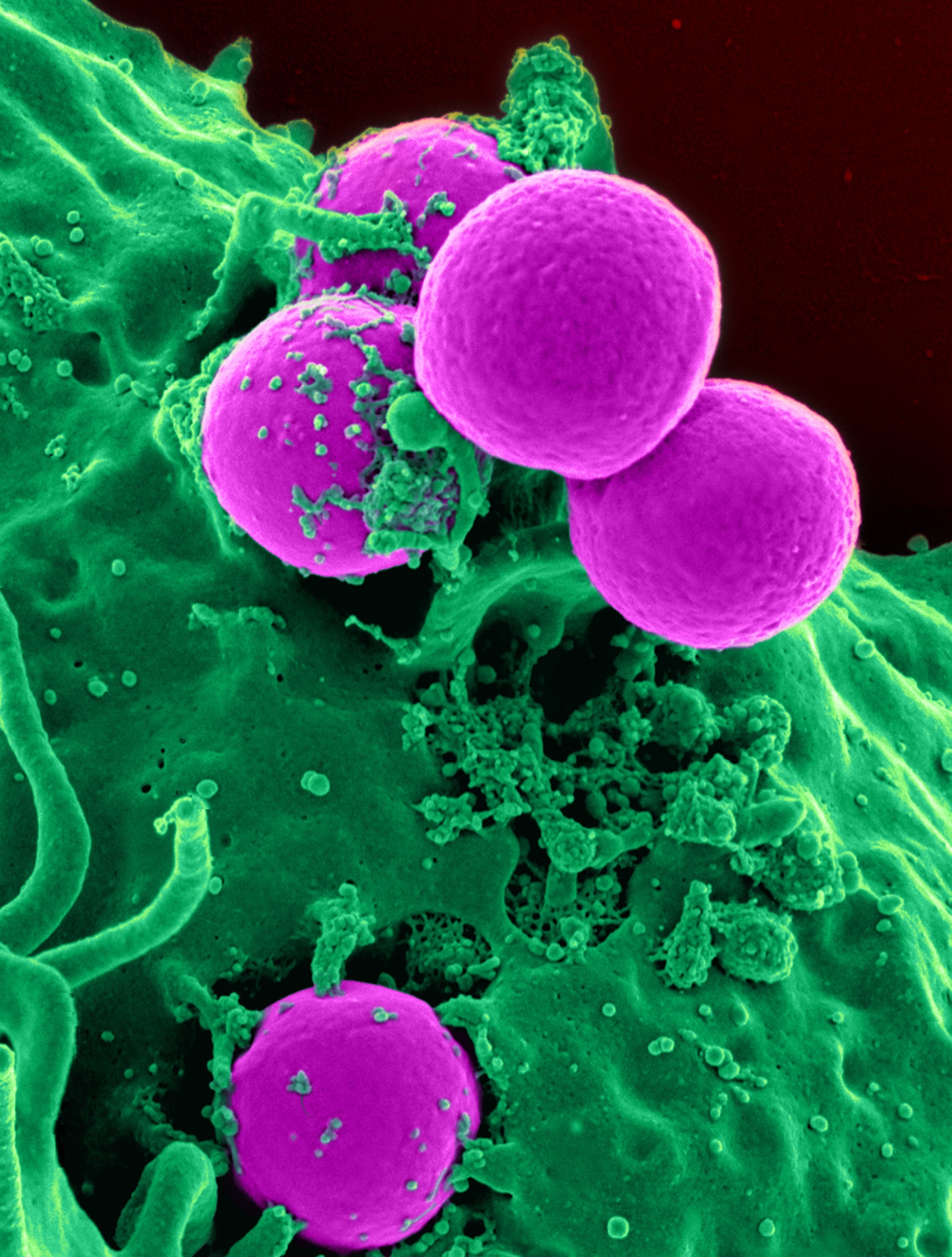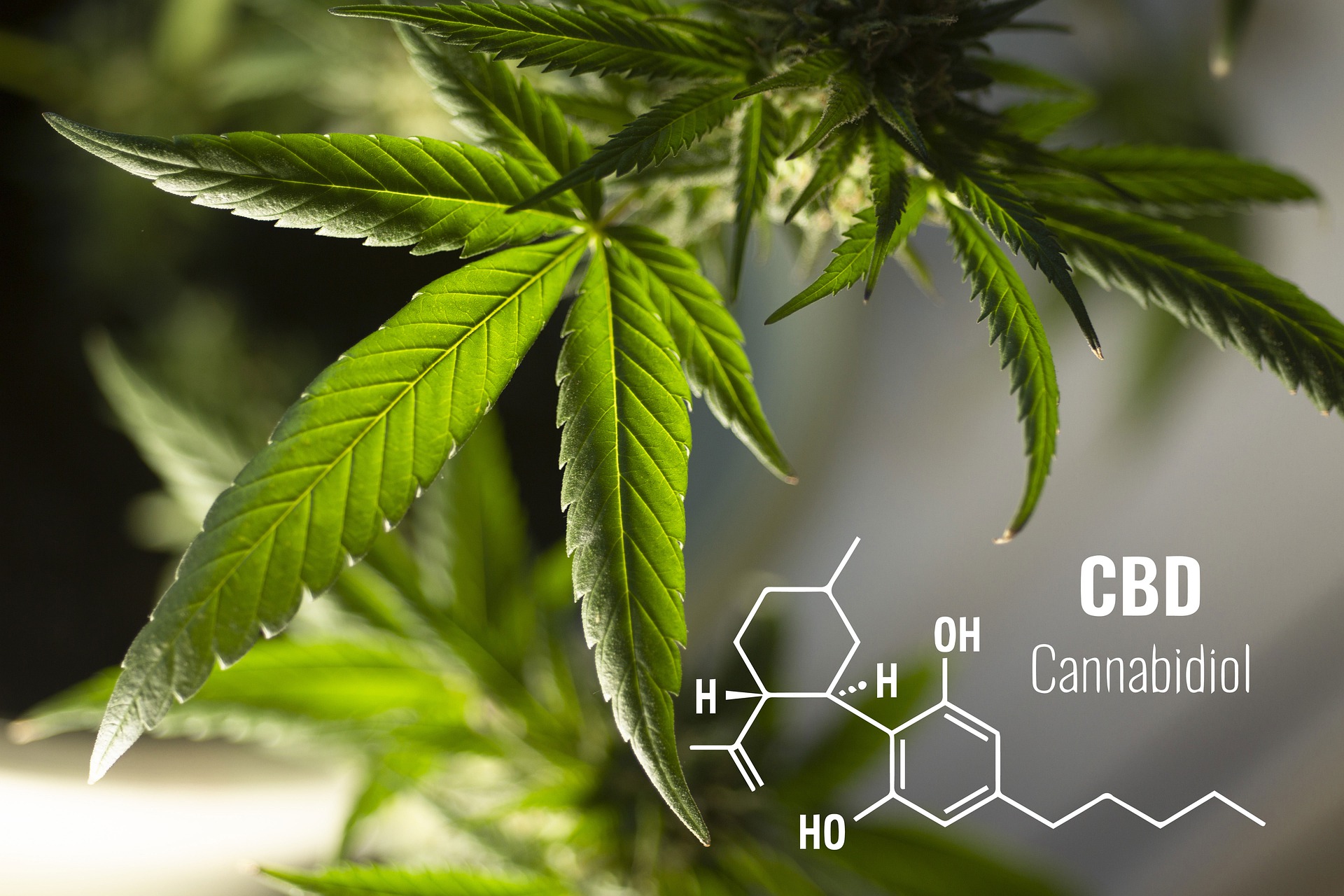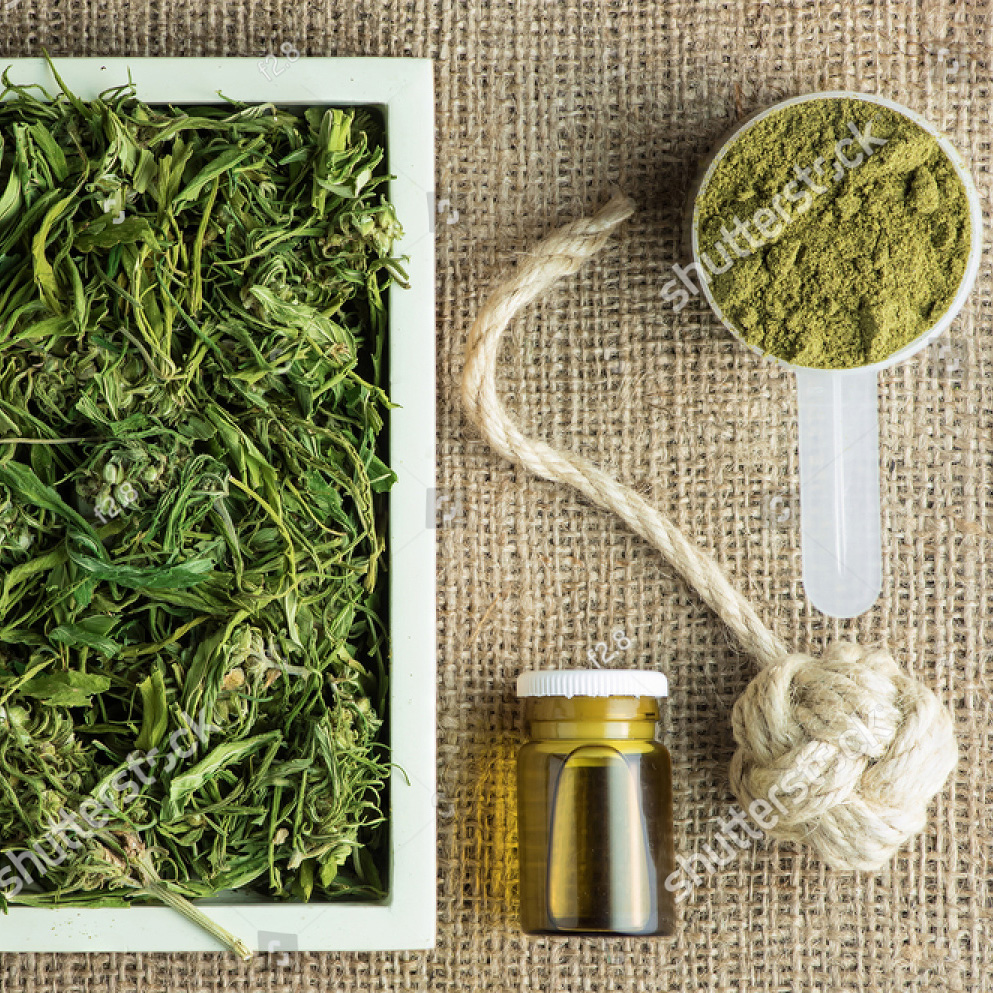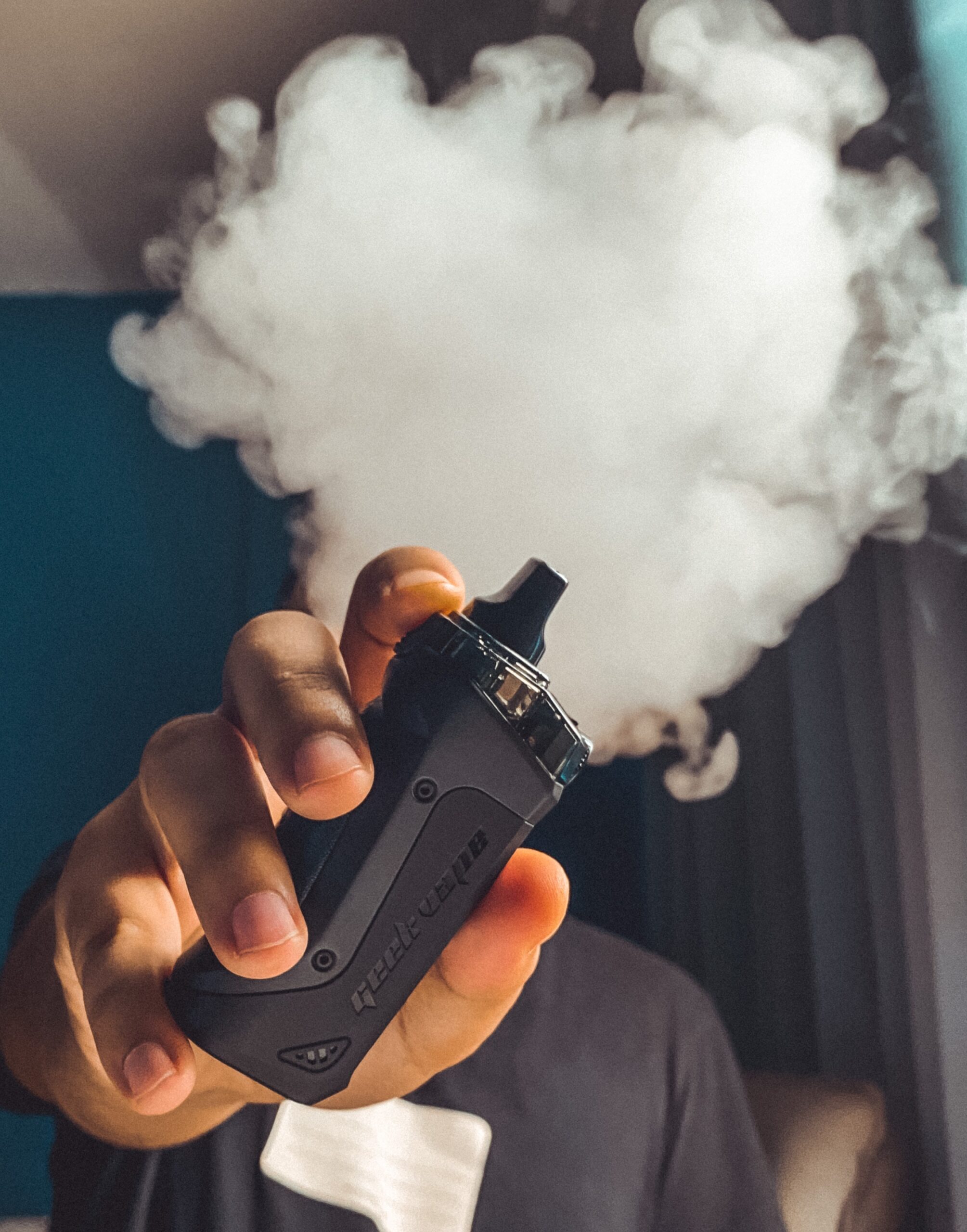Is CBD An Anticancer Drug?
Cancer is on the rise. People are desperate for a solution, and many are seeking natural ways to find health. There is now emerging studies and information that indicate cannabis, and in the case of this article, CBD, to be effective for cancer therapy. It is important to note, there is not conclusive evidence that CBD or cannabis cures cancer, however it is a powerful ally in the fight against cancer.
Cannabis and Marijuana are not the same, and in this context we will be referring to cannabis in the form of hemp. CBD, or cannabidiol, is a cannabinoid abundant in hemp. It is becoming widely popular for therapeutic use across the United States.
Some of CBD’s common benefits help with:
- Inflammation
- Anxiety
- Irritable Bowel Syndrome (IBS) and Inflammatory Bowel Disease (IBD)
- Depression
- Chronic and acute pain
- Heart disease
- Diabetes
- Epileptic seizures
- Nausea
- Skin issues
- Oxidative stress
It is interesting to observe that many of the benefits of CBD counteract the side effects of cancer and chemotherapy. Some of which include:
- Depression / anxiety
- Pain
- Weight loss and loss of appetite
- Inflammation
- Nausea
- Diarrhea / constipation
- Cancer and chemotherapy can have serious repercussions on general organ health and longevity, which CBD may mitigate these effects due to it’s anti inflammatory properties.
What Makes CBD so “Magic”?
Cannabinoids refer to over 100 terpenophenols derived from the cannabis plant (which includes hemp and Marijuana), and other compounds that interact with cannabinoid receptors.
These receptors, specifically cannabinoid receptors type 1 and 2 (CB1 and CB2), are part of a greater system, called the Endocannabinoid System (ECS). You can read more about the ECS here.
Due to the Endocannabinoid System being a core part of the mammalian nervous system, it has the ability to positively impact nearly all functions of the human body. CBD acts by influencing CB1 and CB2 without binding to these receptors.
This means that it tends to have a more passive effect, versus a cannabinoid such as THC. THC binds directly to the CB1 and CB2 receptors, which is part of why it gets people high.
CBD’s subtle but profound effects, such as reduction in anxiety, depression, digestive issues and general pain, can take time to be felt. On the other hand, people who smoke marijuana find that the effects are more instantaneous.
Due the benefits of cannabis being broad and comprehensive, many cancer sufferers are turning to Cannabinoids, specifically CBD & THC, to compliment their cancer treatments.
But Could CBD Be A Cancer Treatment In And Of Itself?
The cannabinoid known as THC has already been studied and shown to have anti-cancer qualities [2]. However, the psychoactive components of THC make it an undesirable treatment option for many patients. For that reason, the question arises if CBD, beyond symptom relief, can offer anticancer qualities.
Cannabidiol is now being studied extensively for anticancer and antitumor effects. Studies have shown it to have positive effects on breast, thyroid, colon, and lung cancers, as well as leukemia / lymphoma, and glioma. These effects are observed through in vitro and/or in vivo studies [1].
Studies have shown CBD to have immune stimulating properties and to have pro-apoptotic and anti-proliferative actions in certain types of tumors. There is evidence that CBD may also offer anti-migratory, anti-invasive, anti-metastatic and perhaps anti-angiogenic properties [1].
An interesting observation in recent studies, is that the anticancer effects of CBD appears to be primarily for cancer cells (in Vitro), because it does not have the same effects on normal cells.
CBD’s effectiveness in cancer treatment is due to its ability to target multiple cellular pathways controlling tumor growth, and by modulating cellular communication. CBD in combination with THC seems to be more effective than CBD alone [1].
The Conclusion…
CBD is being shown to have anti cancer and anti tumor properties, by way of multiple avenues. This occurs primarily through it’s effects on the endocannabinoid system and CB1 and CB2 receptors, and its ability to positively influence cellular communication. However further research needs to be done to study how it may influence through other means.
The in vivo studies with CBD have been primarily in rat and mouse studies, however initial observations are promising. As cannabis, CBD and other cannabinoids become popular and gain social acceptability, we anticipate studies to expand, with more of a focus on human in vivo therapies.
It is recommended that CBD be used in combination with THC when used for cancer therapies. Some people prefer zero THC CBD oil, especially if they are a government employee. Zero THC CBD ensures that you will not test positive for THC on a drug test.
CBD and cannabis are not substitutes for proven cancer treatments. Before supplementing with CBD, THC or other cannabinoids, we strongly suggest you contact a trained professional, or oncologist. This content of this article is strictly for research purposes, and is not to be taken as medical advice.
How Much To Take?
Proper dosage for anything is key. When it comes to CBD, you can take significant quantities without toxic effects. In fact up to 700 mg/day can be safe (although it may put you to sleep).
That being said, 700mg would break the pocketbook pretty quick. We recommend starting with 20-40mg, and increase by 10mg per dose until desired relief is felt. If you choose to supplement with THC, and you can legally access medical marijuana, we suggest a 1:1 extract of CBD:THC. Start slow when using THC, as the high can be very intense, especially with edibles. Many people are using Rick Simpson Oil (RSO) with profound results. Use with caution, as RSO is extremely potent.
We suggest using a full spectrum CBD either in tincture form or in softgels. If you are avoiding THC for ethical, religious or due to drug testing, we suggest our full spectrum zero thc spray. When taking these forms of CBD, sometimes the effects will take time to be felt. With softgels it can take up to 90 minutes. For immediate relief we recommend using vaporized CBD extract.
Patriot Hemp
At Patriot Hemp, our mission is to provide high quality CBD oil to those who can benefit from it. We focus particularly on government employees, veterans, people suffering from PTSD, military personnel, nurses and those in positions of service. That is why we offer several CBD products that contain zero THC. This means you can enjoy all the benefits of CBD without the risk of THC. Find our products and more at https://patriotcbd.org/
[2] https://www.ncbi.nlm.nih.gov/pubmed/1159836
